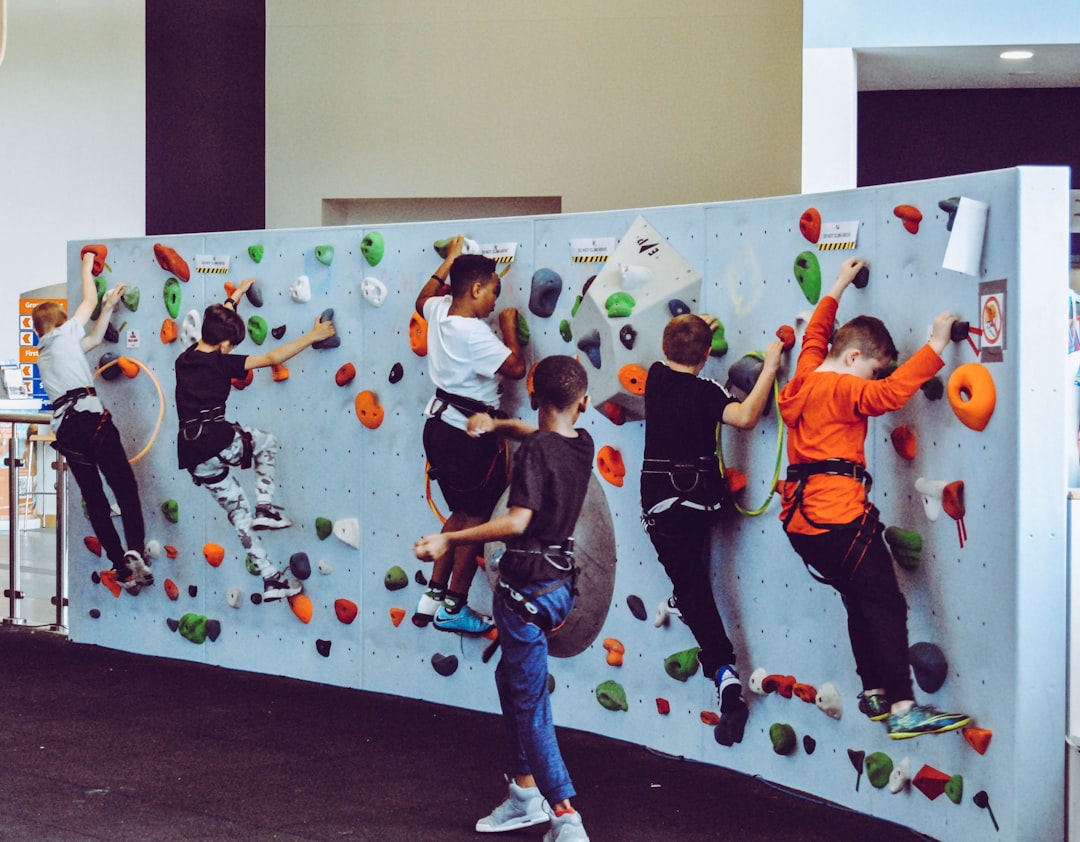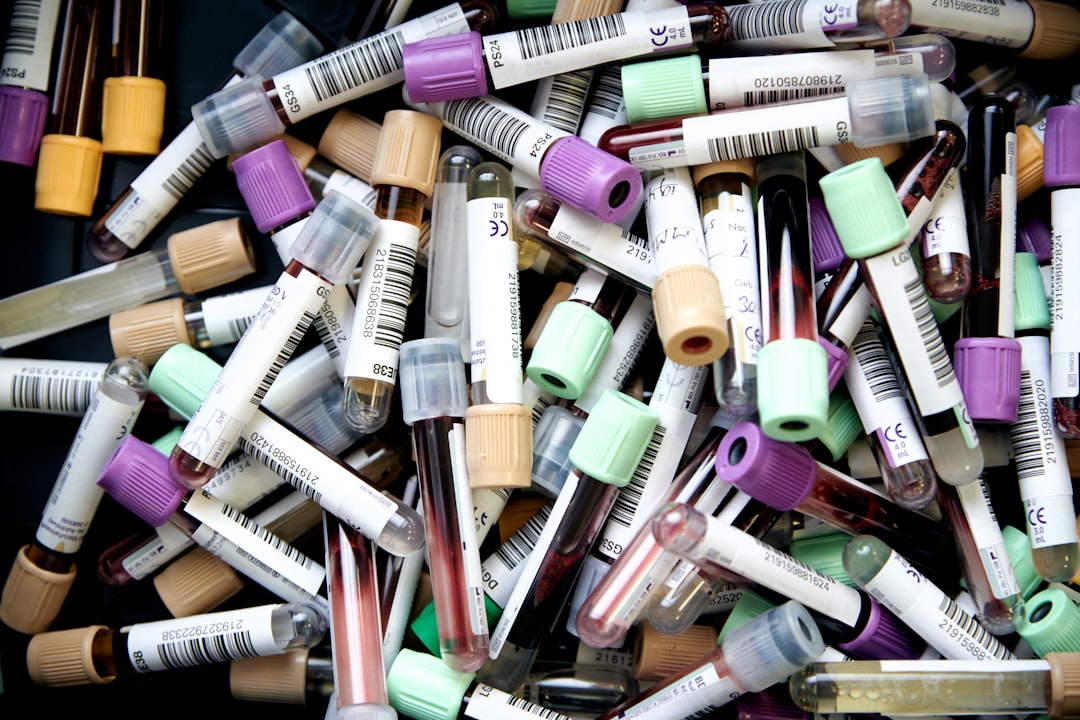What is it about?
Therapeutic upper gastrointestinal endoscopy (TUGIE) in pediatric patients can be completed with deep sedation or with general anesthesia. The aim of this study was to evaluate the clinical efficacy of deep sedation for TUGIE in pediatric patients in a tertiary care teaching hospital in Thailand.
Featured Image
Why is it important?
Deep sedation was provided for 70 TUGIE procedures in 65 patients ranged in age from 1 year to 17 years. All patients were divided into three aged groups (0-2.99 yr, 3-9.99 yr and > 9.99 yr). Most common indications for the procedure were esophageal varices (88.6%), esophageal stricture (10.0%) and foreign body (1.4%). Deep sedation was successful except for one patient who required general anesthesia with endotracheal tube. The combination of propofol, fentanyl and midazolam was frequently used. Mean dose of propofol and fentanyl was not significantly different between the three groups. Mean dose of midazolam in the 0-2.99 year old group was significantly higher than in the two groups. Mean sedation time was 25.1 minutes. Complications occurred frequently (28.6%) and were medication or airway related. All complications were easily treated.
Perspectives
In the setting of the developing country, deep sedation for pediatric TUGIE by trained anesthetic personnel with appropriate monitoring is safe and effective. Serious adverse events are rare in our population.
Professor Somchai Amornyotin
Department of Anesthesiology, Faculty of Medicine Siriraj Hospital, Mahidol University
Read the Original
This page is a summary of: T285 EFFICACY AND SAFETY OF DEEP SEDATION FOR THERAPEUTIC UPPER GASTROINTESTINAL ENDOSCOPY IN PEDIATRIC PATIENTS IN A DEVELOPING COUNTRY, European Journal of Pain Supplements, September 2011, Wiley,
DOI: 10.1016/s1754-3207(11)70203-6.
You can read the full text:
Contributors
The following have contributed to this page










